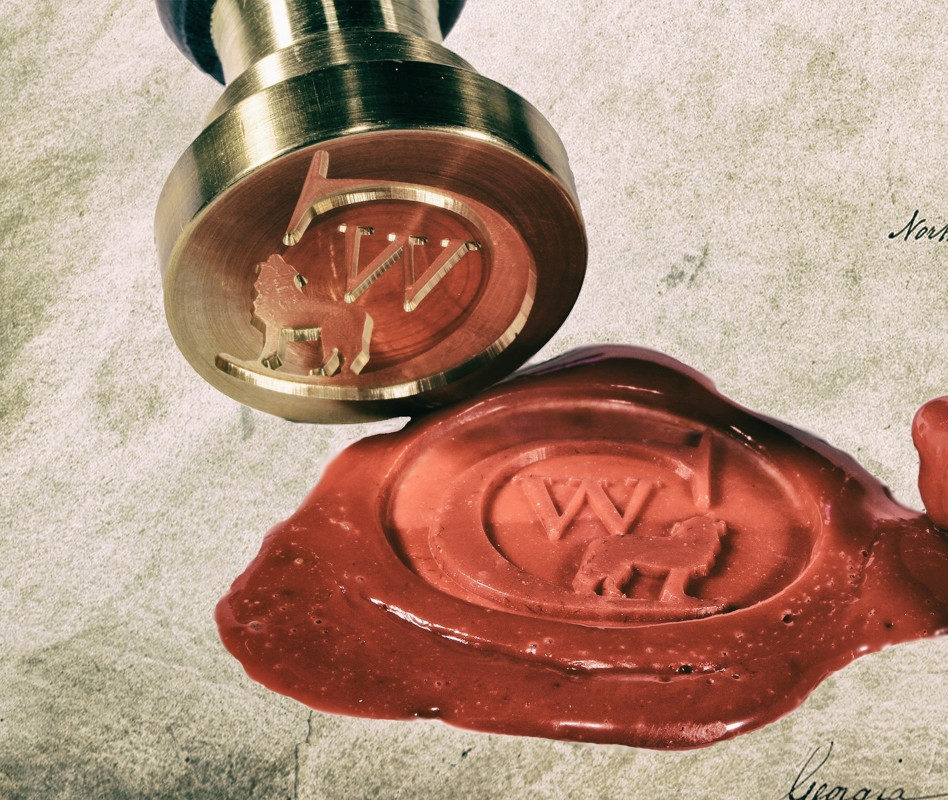
Using Case Studies to build trust
How can you use Case Studies to build trust amongst your prospects?
To a degree Case Studies build trust by being glowing, ‘after the fact’ accounts of your clients’ experience.
They appear on your website and are referred to in your Sales Presentations. They provide persuasive social proof of your capabilities.
But they also have a more subtle trust-building power.
This comes to the fore when you use your ideal Case Study to guide the way you approach your client interactions from selection to implementation.
The strategy of trust-building
Case Studies are a subtle presentation of your intentional wish for your prospects’ experience with you. They are a way of saying to prospects ‘this is what we will do for you too.’
You want your future clients to trust that you will deliver and that their experience of you will be beneficial.
Building trust and rapport comes naturally to many of us. However, making this into a key part of our strategy in business can elicit some counter-intuitive behaviours.
For example, in a sales presentation it can be tempting, when you wish to impress your prospects, to over-promise.
It can be tempting to dismiss your competitors’ proposals because you are afraid that they might get selected over yours.
It can also be tempting to slash your prices if you feel edged out.
Nevertheless, all of these behaviours are perceived by prospects as being desperate, ungracious, and not fully appreciative of their requirements.
In a word, untrustworthy.
How do I know this? Because I have interviewed many clients who have expressed it.
Instead they are grateful for providers who offer tailored solutions, give fair appraisals of alternative proposals, and stay confident about the value they add.
If this is what you want to read in your ideal Case Study you have to use a trust-building strategy and set of behaviours in your pitch style.
Working backwards
My latest white paper gives 10 Case Study questions that are normally asked retrospectively, but which it is useful to ask ‘from the future’ and work backwards. This way not only will you build your prospects’ trust, you will also build your own trust-worthy approach.
Click here to sign up and download your copy.